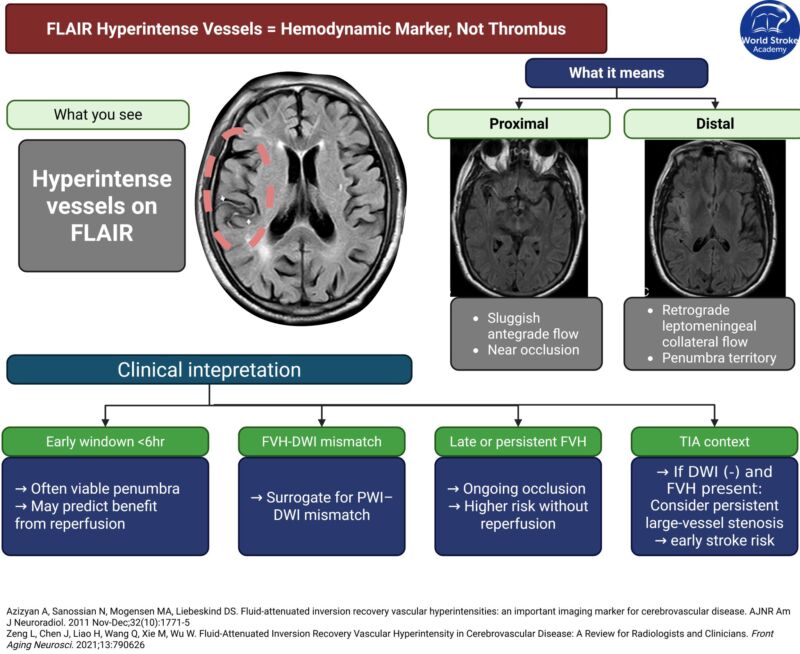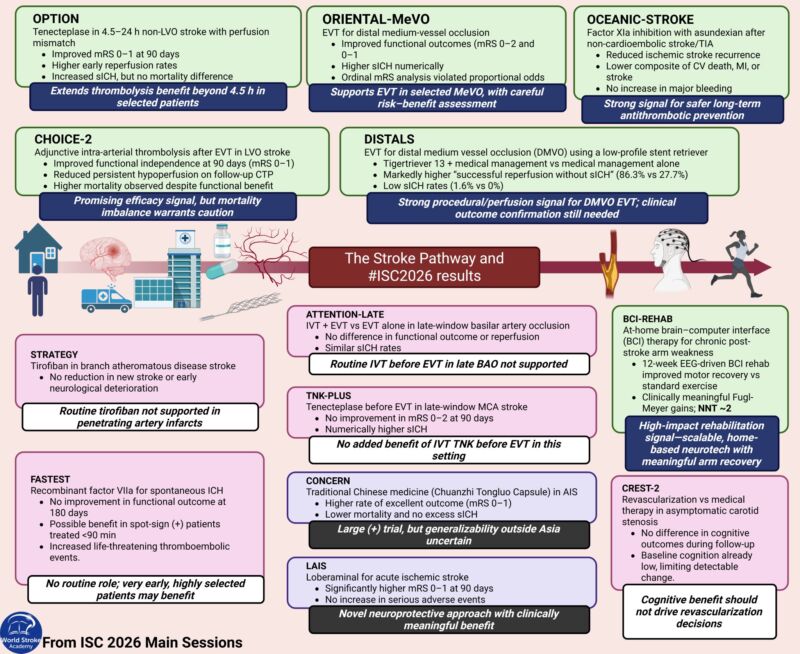Abstract
Introduction:
Understanding the genetic risk factors for stroke is crucial step to decipher the underlying mechanisms, propose novel therapeutic targets, and optimize the design of prevention strategies. Reasonable amount of stroke risk factors remains unexplained. Genetic factors nowadays are becoming more familiar because of research trough large, collaborative, genome-wide association studies. Genotyping in the past decade has led to progress in the discovery of genes underlying complex forms of stroke. Both, ischemic and hemorrhagic strokes, can be caused by monogenic or multiple gene mutations. In the vast majority of cases, genetic risk factors contribute to the risk of stroke as part of a multifactorial predisposition. There are certain diseases where stroke is primary manifestation, and other where stroke is one
of manifestation. Recognition of the clinical manifestations of these genetic disorders is important for accurate diagnosis and prognosis.
Objectives:
Review of different genetic mutations in stroke, understanding of clinical and radiographic features, as well as treatment options.
This lecture was prepared by Assistant professor Dr Zeljko Zivanovic in collaboration with assistant dr Dmitar Vlahovic. Our accreditations are noted on this slide.
You will be led trough this presentation by the voice of Dr Vlahovic.




